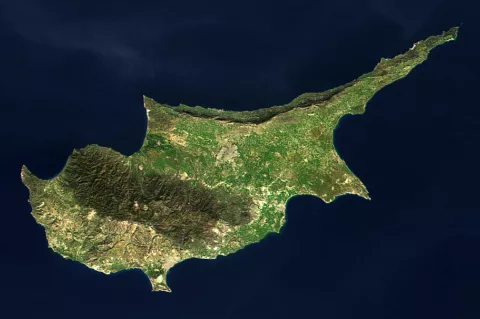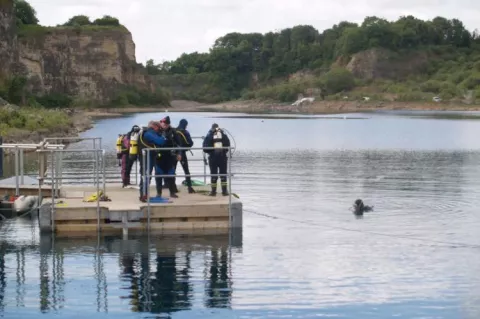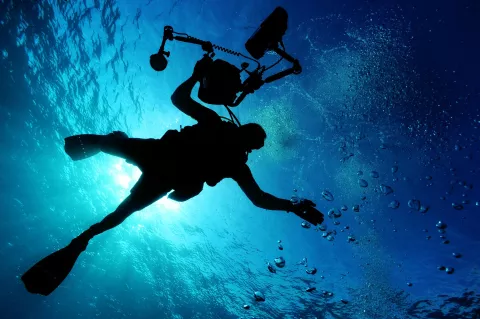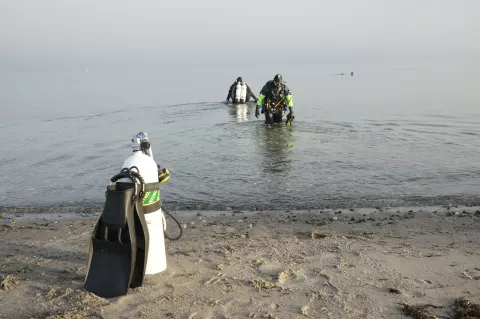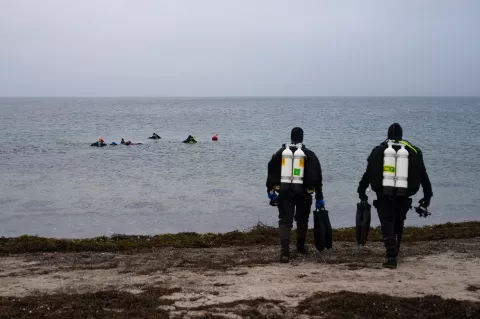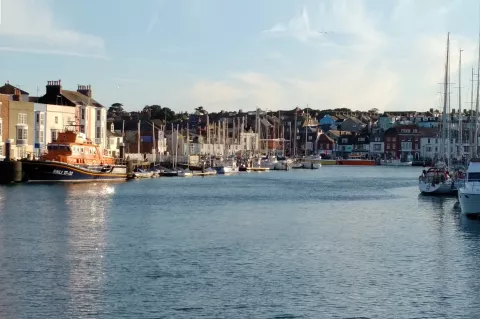Maldives moves reopening to July
After closing its borders in March, the Maldives is set to reopen for tourism. According to an official statement issued by the Ministry of Tourism, a phased reopening is planned, with incoming flights to its main international airport set for July, well ahead of a planned year-end opening.
- Read more about Maldives moves reopening to July
- Log in to post comments





